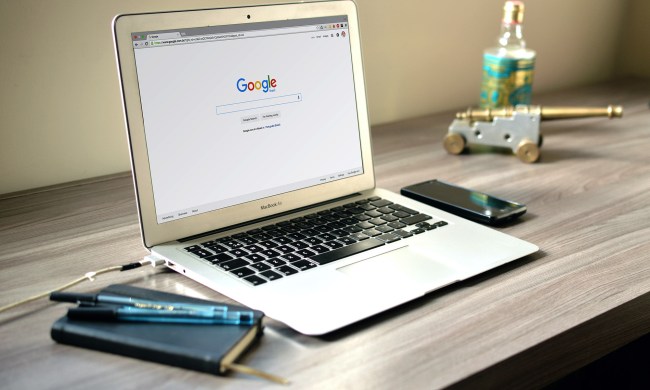
Chromebooks and Android devices have always remained two distinct platforms, but a new report suggests that Google might be interested in a closer integration in the future.
Android Authority reports that Google played around with running ChromeOS on a Pixel 8, perhaps as an additional feature for Android devices.
The report claims that Google demonstrated a particular Chromium OS named “Ferrochrome” running on a virtual machine using a Pixel 7 Pro at a private event. The special Chromium OS was projected to an external display for all to see rather than on the device itself. Ferrochrome needs an AVF (Android Virtualization Framework) to work alongside a virtual machine, and Google even offers official support using ChromeOS on Android phones and gives smartphone makers the necessary tools.
If Google continues with this project, it will go against what the company has said in the past. As Android Authority points out, Google Senior Vice President Hiroshi Lockheimer said in late 2016 in an All About Android podcast episode that there was “no point in merging Android and Chrome OS.” The question was raised back then because rumors were circulating that Google was attempting to merge Android and Chrome OS under the project name Andromeda. But it reportedly dropped the project, saying that both platforms were successful on their own. It’s not unlike the very fine line Apple has drawn between iPadOS and macOS.
When reading about Ferrochrome, you also can’t help but think of Samsung DeX, which has been around since 2017. It’s been built into the latest Galaxy flagship phones and tablets since 2017 and can be used wirelessly or not. Ferrochrome is still in its very early stages and, for now, there is no confirmation if it’ll see the light of day, unlike Samsung DeX, which allows you to even use a Samsung Smart TV by using the integrated app. Once the devices connect, you can use your tablet or phone to move the cursor around and get some work done.
Interestingly, at one point, Samsung was even playing around with the idea of a “DeXbook,” which was going to be an integration with Chrome OS.
Google has not confirmed when or if Ferrochrome will be coming to Pixel phones soon or if it only wants to show the world it’s possible. Either way, we’ll be watching closely in the future to see how Google continues to position these two platforms.



